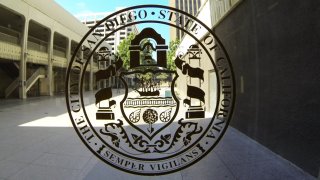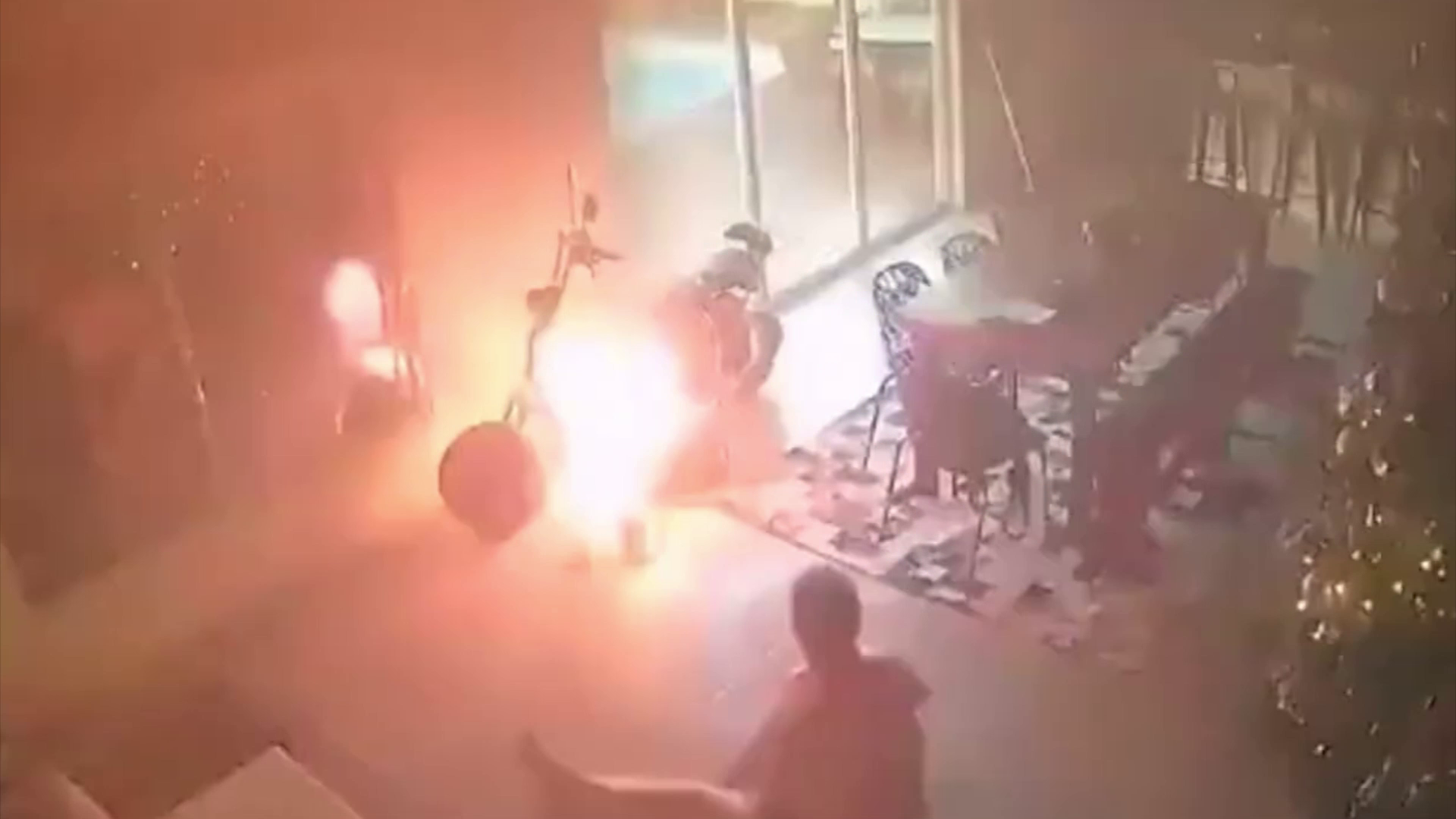
It appears that the public will still be able to chime in virtually during San Diego City Council meetings, with the council president saying that a proposal to end the pandemic-era practice is now off the table.
Councilman Sean Elo-Rivera introduced the proposal last month, but on Thursday, he sent out a news release announcing he changed his mind after speaking with constituents and other stakeholders and now realizes the importance of virtual public comment.
"As a community organizer and advocate, I believe in expanding the voices heard at city hall," Elo-Rivera said, in part, in the release. "As council president, I also have a responsibility to manage the docket efficiently. These responsibilities need not be mutually exclusive.
Get top local stories in San Diego delivered to you every morning. >Sign up for NBC San Diego's News Headlines newsletter.
"Unfortunately, a small group has been abusing virtual public comment to hinder the city council's work, causing delays and fiscal impacts, and preventing councilmembers from spending more time in their communities.”
The San Diego City Council's Rules Committee considered ending virtual public comment for future council meetings when it convened on July 25. At that meeting, dozens protested the agenda item, which would have remove the public commenting option through phone calls or Internet streaming services. It was originally made part of the municipal code by Council President Sean Elo-Rivera and the Rules Committee.
“We added the virtual option into the municipal code because we thought it was the best way at the time to be inclusive of voices a couple years into it,” said Elo-Rivera at the meeting. "We're realizing that's not actually having the effect that we desired it to have."
Local
The topic got so much attention that the committee decided to postpone ruling on it for another day.
The council has allowed virtual comments for several years, first during the coronavirus pandemic when restrictions did not allow members of the public to attend meetings.
Elo-Rivera wrote back in July that the proposed change was intended to ensure "San Diegans can be confident business is done with the pace and efficiency they deserve," and that the "city council will continue to value and uphold all requirements for open and public meetings ensuring access for all constituents."
Elo-Rivera said that the lengthy meetings not only prevent city leaders from engaging people out in the community but they can be expensive to the taxpayer.
“I believe it's incredibly important that we include as many voices as possible in the discussion," Elo-Rivera said. "City council also has a responsibility of the taxpayers to get work done … and what we are looking for is some flexibility so that we can better manage the time to move through the business that needs to be done, better guard the use of city resources."
Critics, however, see a lack of fairness in the proposed change, pointing out that the council meets during the workday, which allows some people to attend more than others.
“Eliminating one of the major ways that we can communicate with you, especially those that don’t have the capacity to drive in, take a train in or arrange their work schedule — and my work schedule changed dramatically during COVID,” said one woman who called in during public comment on Monday.
San Diegans will still be able to submit written comments to the city clerk and email council members individually, but others say this is not enough.
Legal analyst Dan Eaton spoke to NBC 7 in July about the proposed change.
“The question is whether having opened up that channel of communicating with public officials through phone, you have to maintain that in some way," Eaton said. "The answer is perhaps not. But that said, we are in a different reality post-pandemic, with the way people are accustomed to communicating with their public officials, with the way people expect to be able to communicate with the public.
"Telephone communication is nice to have because it opens up a broader array of voices. And you want the broadest possible segment of San Diegans to be heard from. But to the extent that opening up that channel that broadly crowds out the ability of others to be heard, the city council may very well be within its rights constitutionally and under state law to limit or perhaps even eliminate this alternative channel that has created a flood that is flooding out other voices."
"The system has always been set up to prevent the people from participating in the government public process," Candice Moreno wrote in a public statement on July 25. "Public meetings are often during the hours of the day that most community members cannot participate. As a result, only white retirees, employees who get paid to go to public meetings and lobbyists can participate in policymaking.
"Youth, working-class members, BIPOC community members are often left out of the policy that have an impact on their lives," she added.
"This kind of policy is a breach of public trust, an attempt to silence democracy and is a threat to civic engagement," political activist Shane Harris said. "The rules committee should absolutely say no to this idea."



